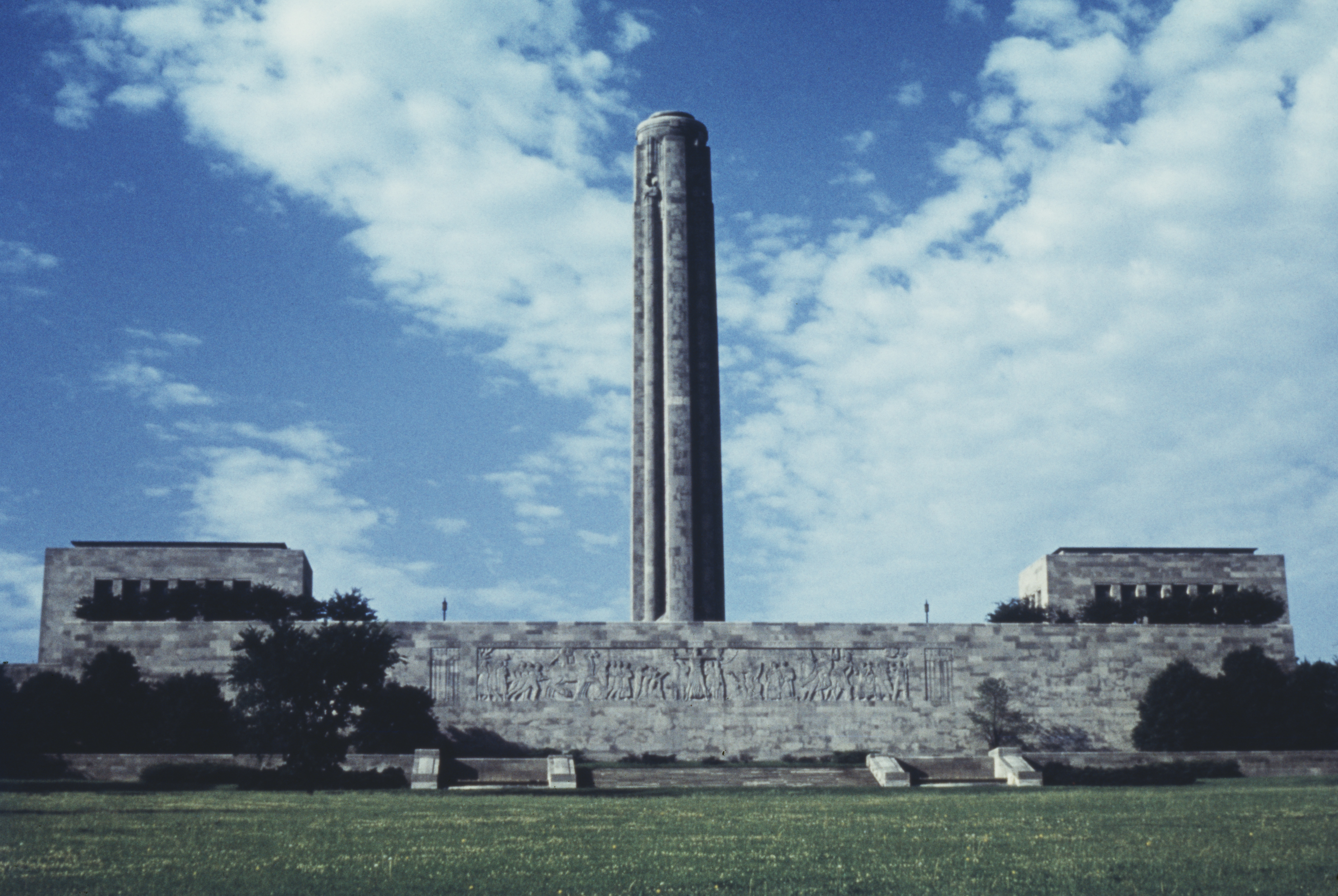When the effects of COVID-19 hit the National WWI Museum and Memorial, like many museums and companies across the U.S., it struggled to retain its employees as its doors closed. However, with a $125,000 gift from the National Endowment for the Humanities (NEH), the museum has been given new life.
The grant supports the museum’s efforts “to digitize and transcribe letters, diaries and journals from soldiers and family members originated from World War I,” and will allow the WWI Museum to retain its staff members.
“Over the past few months we have witnessed tremendous financial distress at cultural organizations across the country, which have been compelled to furlough staff, cancel programs, and reduce operations to make up for revenue shortfalls caused by the pandemic,” said NEH Chairman Jon Parrish Peede. “NEH is pleased to provide $40 million to preserve thousands of jobs at museums, archives, historic sites, and colleges and universities that are vital to our nation’s cultural life and economy.”
The museum holds the world’s largest collection of World War I objects and documents and seeks to inspire “thought, dialogue and learning to make the experiences of the Great War era meaningful and relevant for present and future generations.” The grant will readily assist with these aims and the museum’s future endeavors.
Three hundred and seventeen cultural institutions across America were awarded such an endowment, with the WWI Museum only one of two organizations in Missouri to receive the NEH grant. The funding for the nationwide projects, to be received between June and December 2020, will provide a much needed $40.3 million infusion to such institutions.
When the museum shuttered its doors in mid-March due to the Coronavirus, 17 employees—many of whom worked in guest services—shifted their responsibilities to transcribing letters, diaries, and journals. To date, “5,000 pages of letters, diaries and journal entries [have been] transcribed, which allows the content to be easily indexed, searched for and translated into other languages,” according to the museum’s press release.
While the Kansas City-based museum has since opened, the work of those 17 staffers ensured that thousands of digitized ephemera are now readily available to the broader public. The museum will use the grant funds to continue this digitization effort, as it seeks to add thousands of additional transcriptions in the coming months.
The newly digitized versions and transcriptions of letters, diaries, and journal entries can be viewed at theworldwar.org/database.





